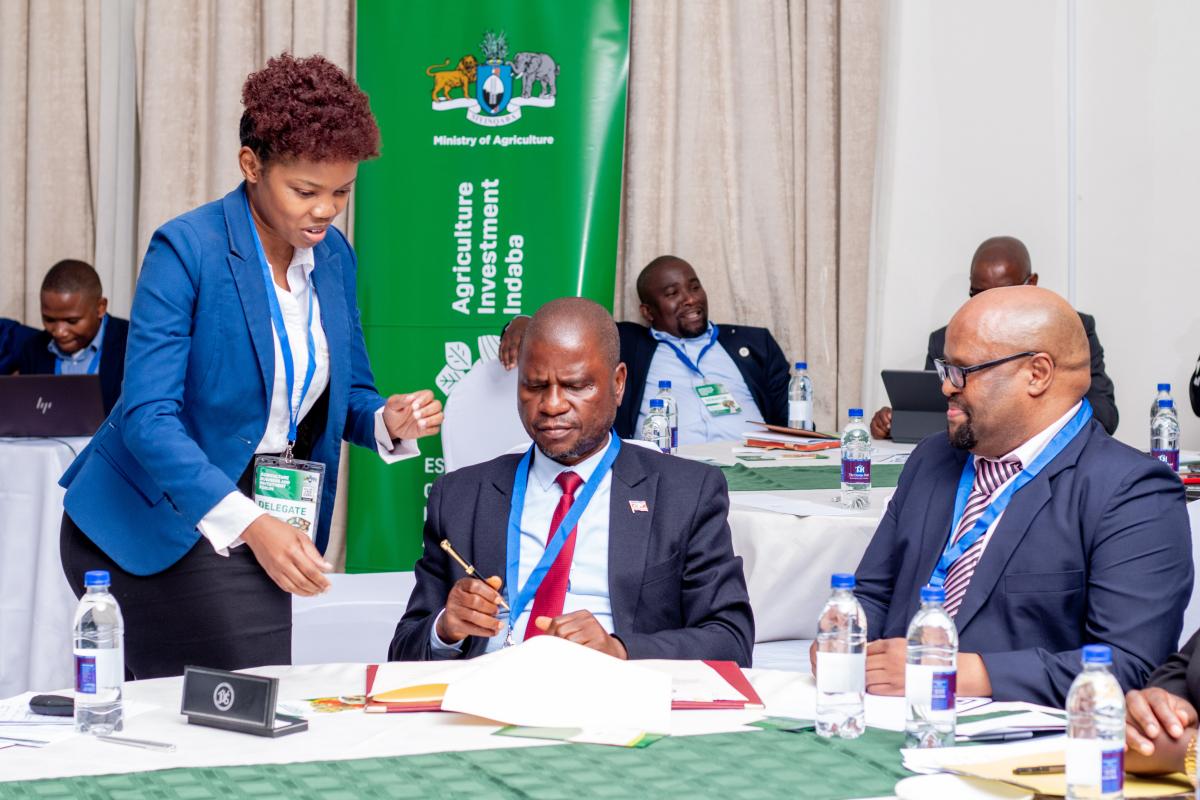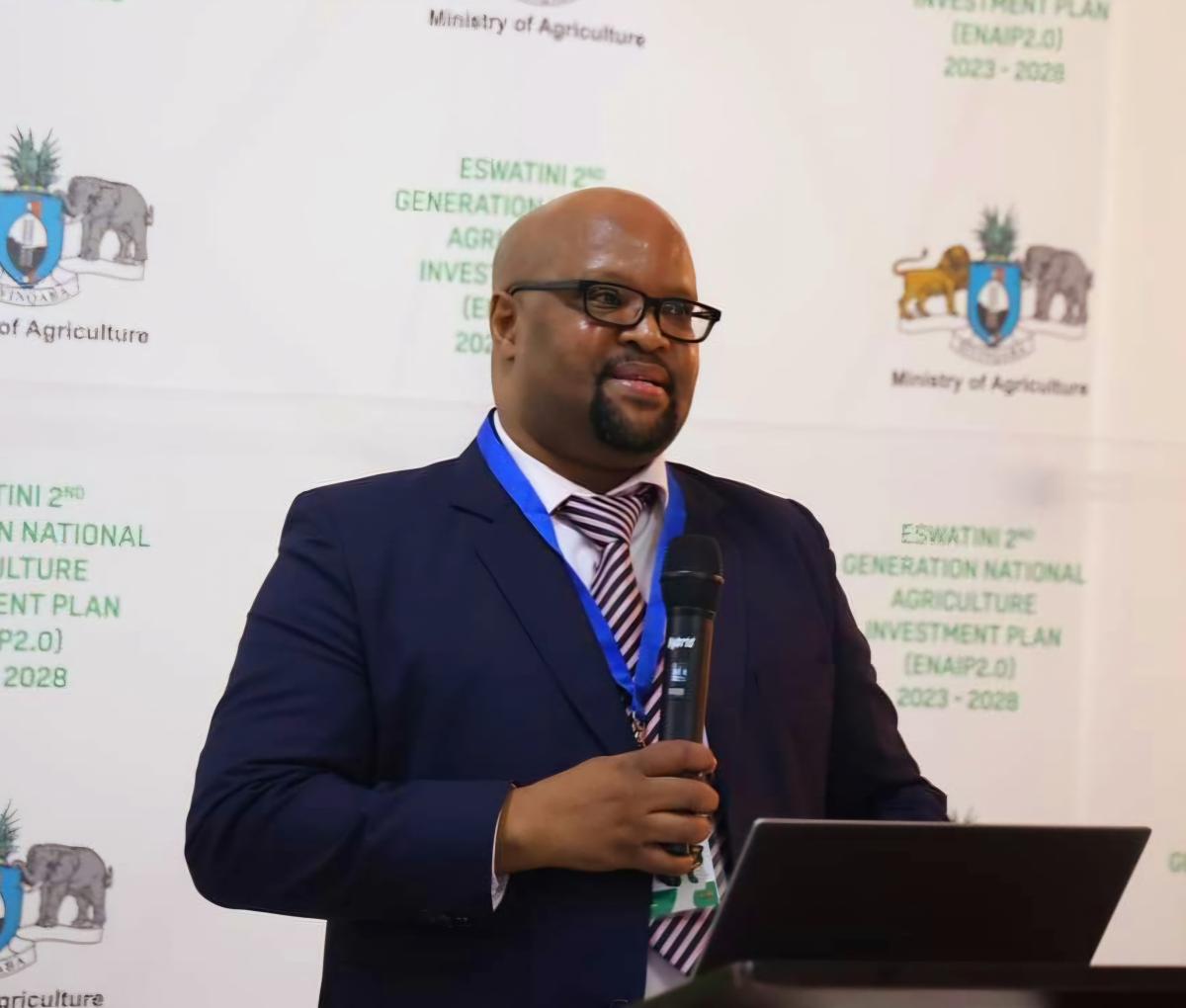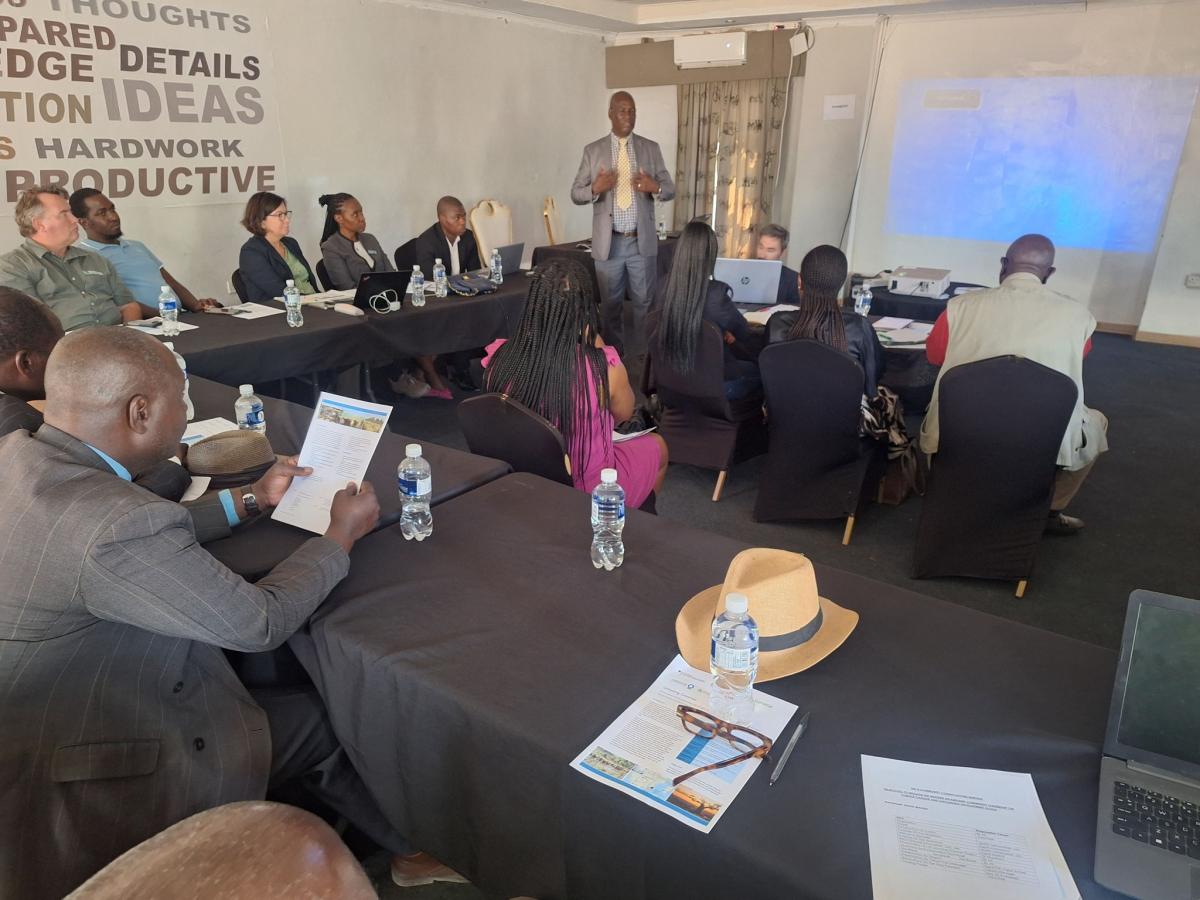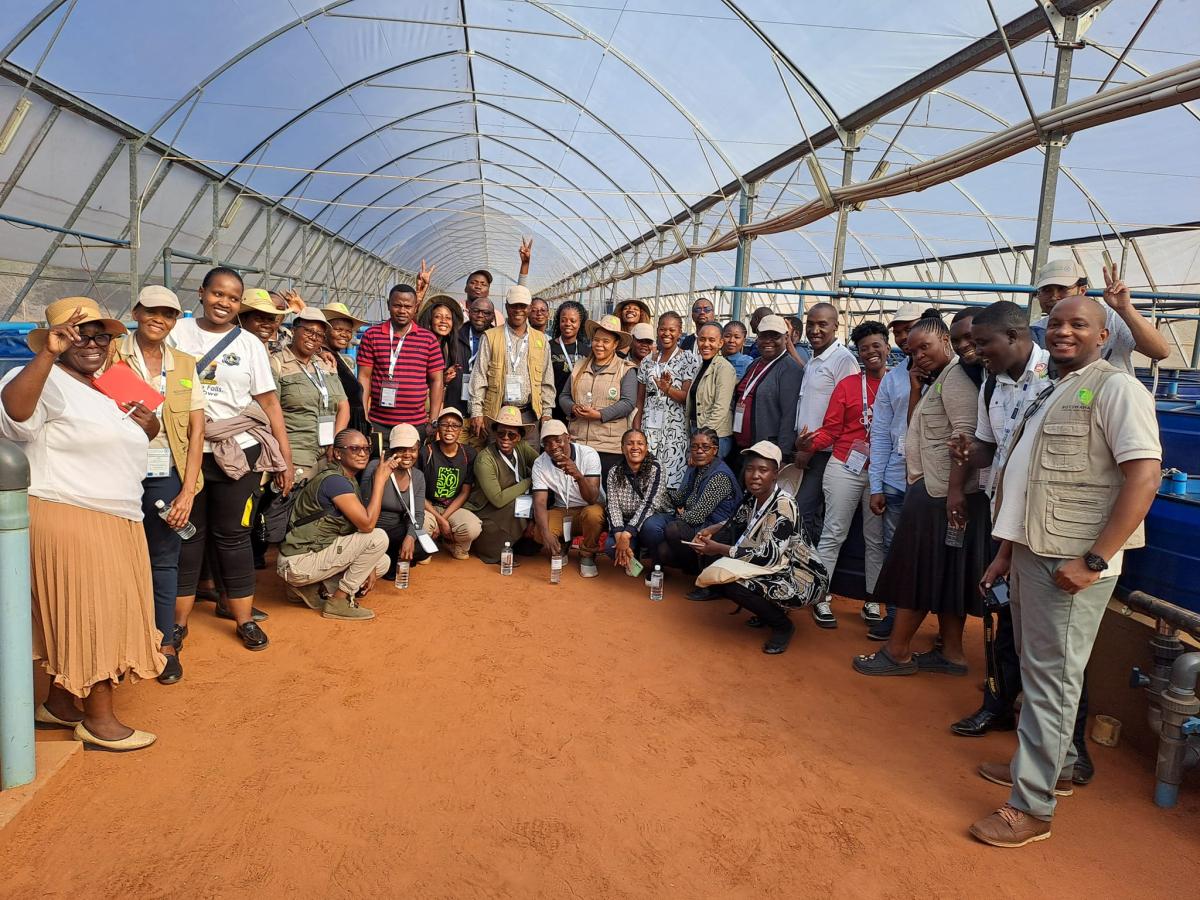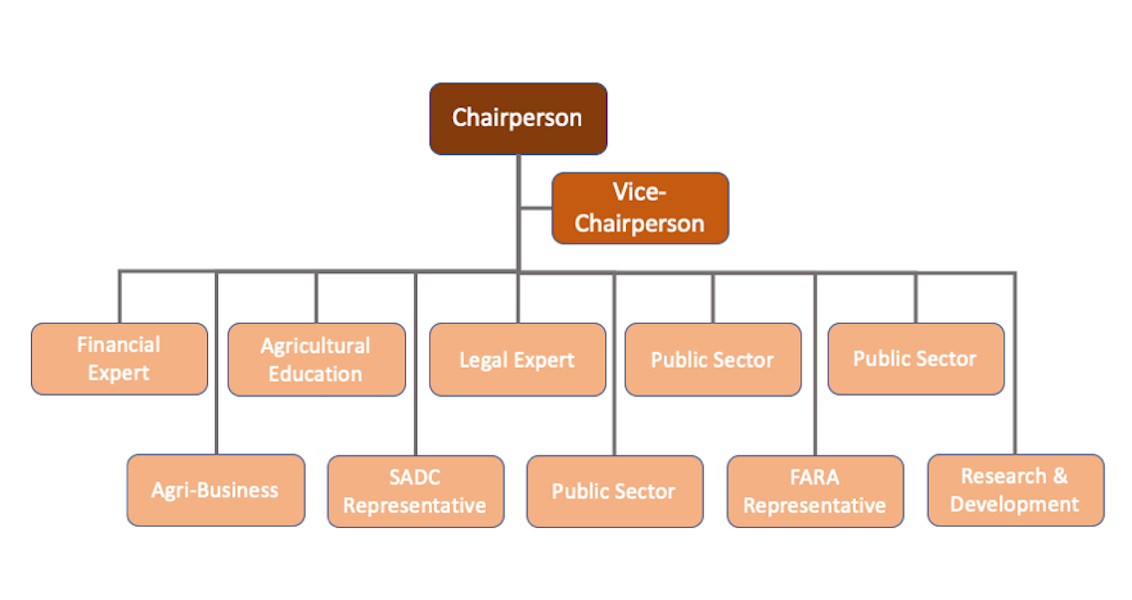APPSA Groundnut Seed Production Saves Farmers against Falling Prices of "White Gold" in Petauke
Falling prices of cotton, normally referred to as ‘‘white gold’’ is not good news for small- scale farmers in Eastern province, as the crop has been a source of livelihoods to them for many years. A significant decrease in the number of small-scale farmers currently growing cotton in the province has resulted in an increase in poverty levels. This has exposed small-scale farmers whose livelihood is derived from farming to much more challenging survival mechanisms.
White Gold,
Petauke,
Farmers
CCARDESA, APPSA. Groundnut Seed Production Saves Farmers against Falling Prices of "White Gold" in Petauke. p.3.


